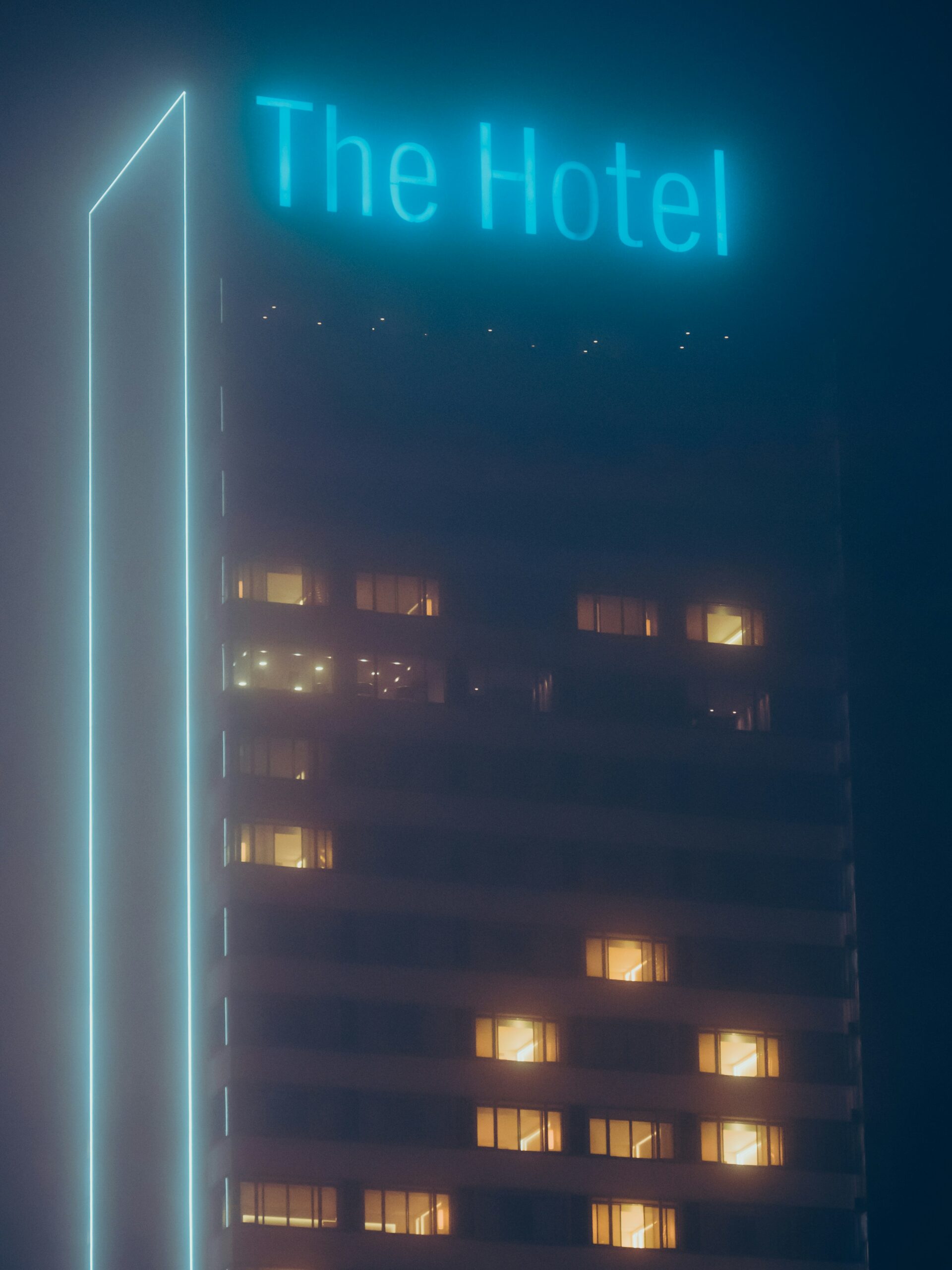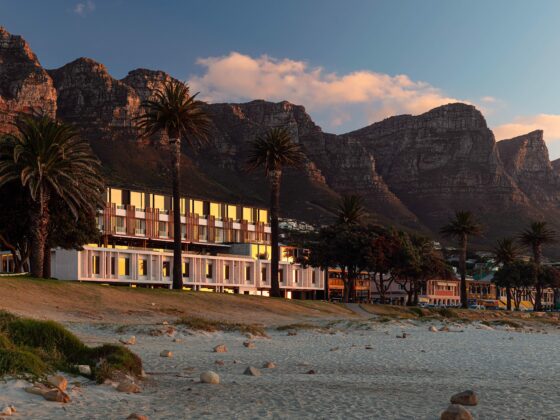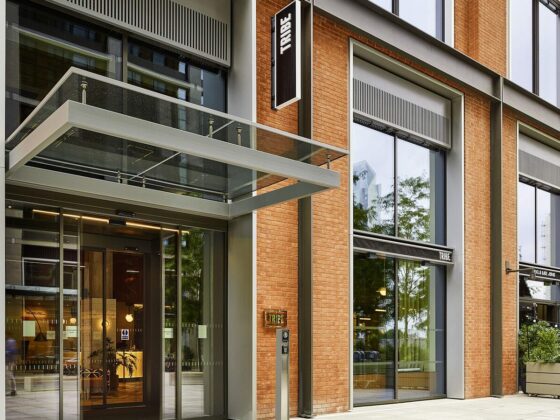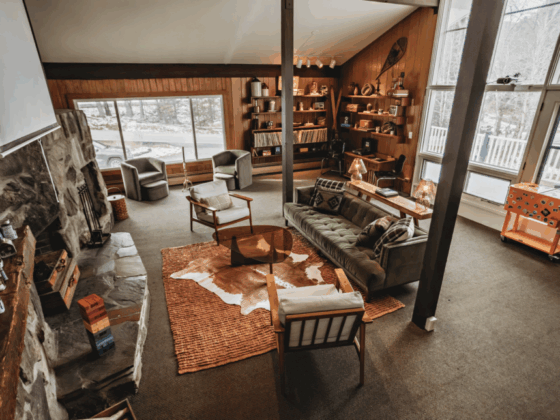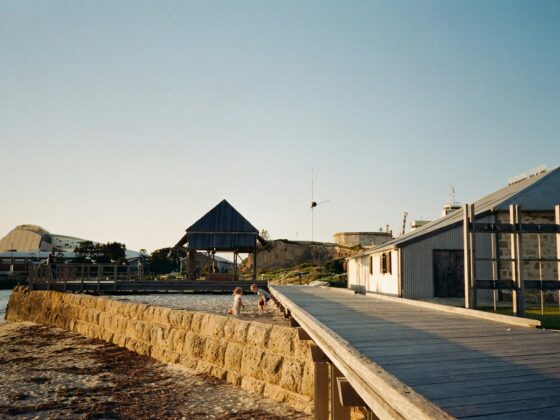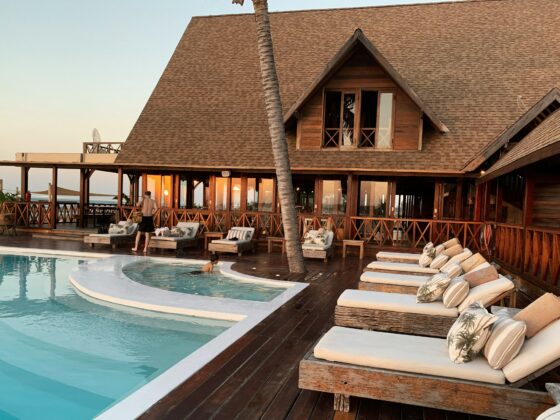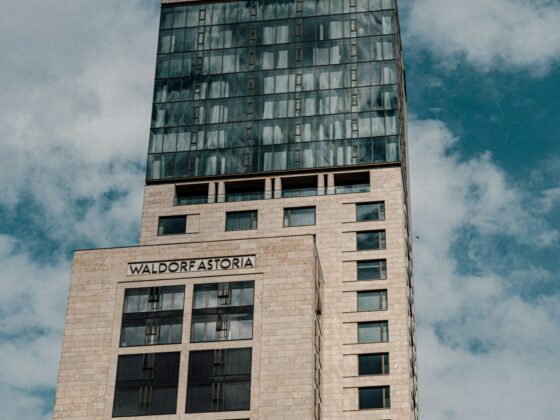
It may sound like an oxymoron, but the biggest capsule hotel in the world has just opened in central London. The Zedwell, in Piccadilly Circus, offers 1,000 sound-proofed, windowless ‘cocoons’, with prices from as little as £30 a night. A raft of other hotels drawing on the same low-space, low-cost concept is set to arrive in the capital in the coming years, serving as the catalyst — insiders believe — for a global proliferation. Novel, affordable, convenient and fun, the appeal of the capsule hotel is surprisingly broad — except for the claustrophobic.
What’s a capsule hotel?
Under the strictest definition, it’s a hotel in which all areas and facilities are communal, with the exception of sealable pods that are little bigger than the individual mattresses they contain. These capsules tend to be stacked both horizontally and vertically, and can be locked from the inside and outside. Once inside, guests can generally expect a charging point, wi-fi access and the ability to control lighting and ventilation. Increasingly, high-end touches including comfortable Hypnos mattresses, Egyptian cotton sheets and ambient lighting are being incorporated.
Where did the concept originate?
The now-iconic Capsule Inn Osaka started the trend, opening in 1979 and serving office workers sleeping off the excesses of Japan’s ‘work hard, play hard’ culture. The concept spread to every major urban centre in Japan, quickly taking off around Asia. Over the past decade, it’s since found a foothold everywhere from Berlin to Brisbane, Amsterdam to Auckland, Singapore to Waikiki. “The concept has really spiked in the past 10 years,” says Tim Alpe, head of Australasian capsule hotel brand LyLo.
Who do they target?
The ethos is really one of a high-end hostel rather than a stripped-back hotel and, as such, the 18-35 demographic remains the core market: cost-conscious, eager to be in the heart of the action and game enough to contort themselves into small spaces. Yet the age group has been creeping up. “Our market is more 25 to 40,” says Andrew Landsburgh, founder and chief executive of CoDE Concepts, whose 568-guest capsule hotel in London’s Elephant and Castle is set to open in 2027.
What’s it like to stay in one?
The comfort levels and aesthetics are of a far higher level than one might expect for the price, and the hotels’ ancillary offerings, such as bars and restaurants, are buzzy. Safety and security are prioritised, with single-sex clusters and private shower stalls with their own changing areas. App-based 24-hour check-in ensures flexibility, and the convenience is unquestionable. “Capsule hotels have the ability to use buildings that other hotel chains can’t,” says Sem Schuurkes, co-founder of Dutch brand CityHub, which has four European sites and is opening two new hotels in London. “Old gyms, basements, warehouses. It means guests can be right in the heart of the city.”
Why’s the Zedwell causing such a stir?
As the largest capsule hotel in the world, the Zedwell is seen as the ultimate test of the concept. There’s a sense that accommodation costs in London have been too high for too long; capsules — building on the momentum of so-called ‘poshtel’ hotel-hostel hybrid chains such as Generator and Clink — have the potential to be the big disruptor. “We’re democratising access to one of the most exciting cities in the world,” says Halima Aziz, head of hotels at Criterion Hospitality, the Zedwell’s parent company.
